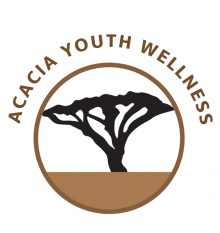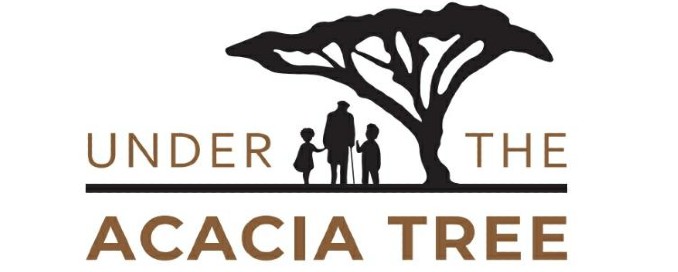Acacia Youth Wellness Program: Supporting ACB Youth Mental Health
October 29, 2020The Acacia Tree Youth Wellness program was developed by the Somali Centre for Family Services (SCFS) to increase awareness about the importance of mental health in African Caribbean Black communities, dismantle myths surrounding mental illness and share lived experiences of ACB mental health service-users. This program also aims to bring to the forefront some of the challenges and barriers ABC youth face when interacting with police and through the Canadian justice system.
 The program offers psychoeducational and support services to youth aged between 12 and 29 and solution-focused brief counselling, as well as service referrals and navigation. Their live broadcasted webinars feature ACB mental health professionals and mental health service users to share their experiences.
The program offers psychoeducational and support services to youth aged between 12 and 29 and solution-focused brief counselling, as well as service referrals and navigation. Their live broadcasted webinars feature ACB mental health professionals and mental health service users to share their experiences.
The Acacia Youth Wellness program is a result of the previous work the SCFS has done within the community with youth including a counselling program for children under 12; and a mentorship program for youth called Link-Up Series in which youth were transported to a Black-owned creative arts community space where they listened to various ACB mentors speak and enjoyed culturally appropriate food.
Through the above programs and its other advocacy work for children and youth in the education system to reduce the rate of suspensions, SCFS found gaps in culturally responsive mental health services for ACB youth which led to the creation of the Acacia Youth Wellness program.
 Under the Acacia Tree is a virtual psychoeducational program developed to engage with youth where they already frequent, which is on social media. The name “Under the Acacia Tree” was chosen as a symbol of resilience to inspire youth and to convey a sense of communal gathering under its inviting umbrella-like branches.
Under the Acacia Tree is a virtual psychoeducational program developed to engage with youth where they already frequent, which is on social media. The name “Under the Acacia Tree” was chosen as a symbol of resilience to inspire youth and to convey a sense of communal gathering under its inviting umbrella-like branches.
Despite being fairly new, the program has known success including a high participation rate among participants, and the viewership has been increasing particularly because recordings are posted on SCFS’s Facebook page for on-demand access. Conducting sessions online also makes the program more sustainable and accessible regardless of where their audience is located.
Some of the challenges include reaching as many youth as possible within the ACB communities, and possibly overcoming a language barrier as the sessions are conducted in English only. For more information about the Acacia Youth Wellness Program, please contact Kahmaria Pingue at k.pingue@scfsottawa.org, or crisis line (613.686.5056).


 The WOW seminar on immigrant women’s nutrition and health was a step in the right direction towards closing the gap between academic researchers and service providers.
The WOW seminar on immigrant women’s nutrition and health was a step in the right direction towards closing the gap between academic researchers and service providers.

